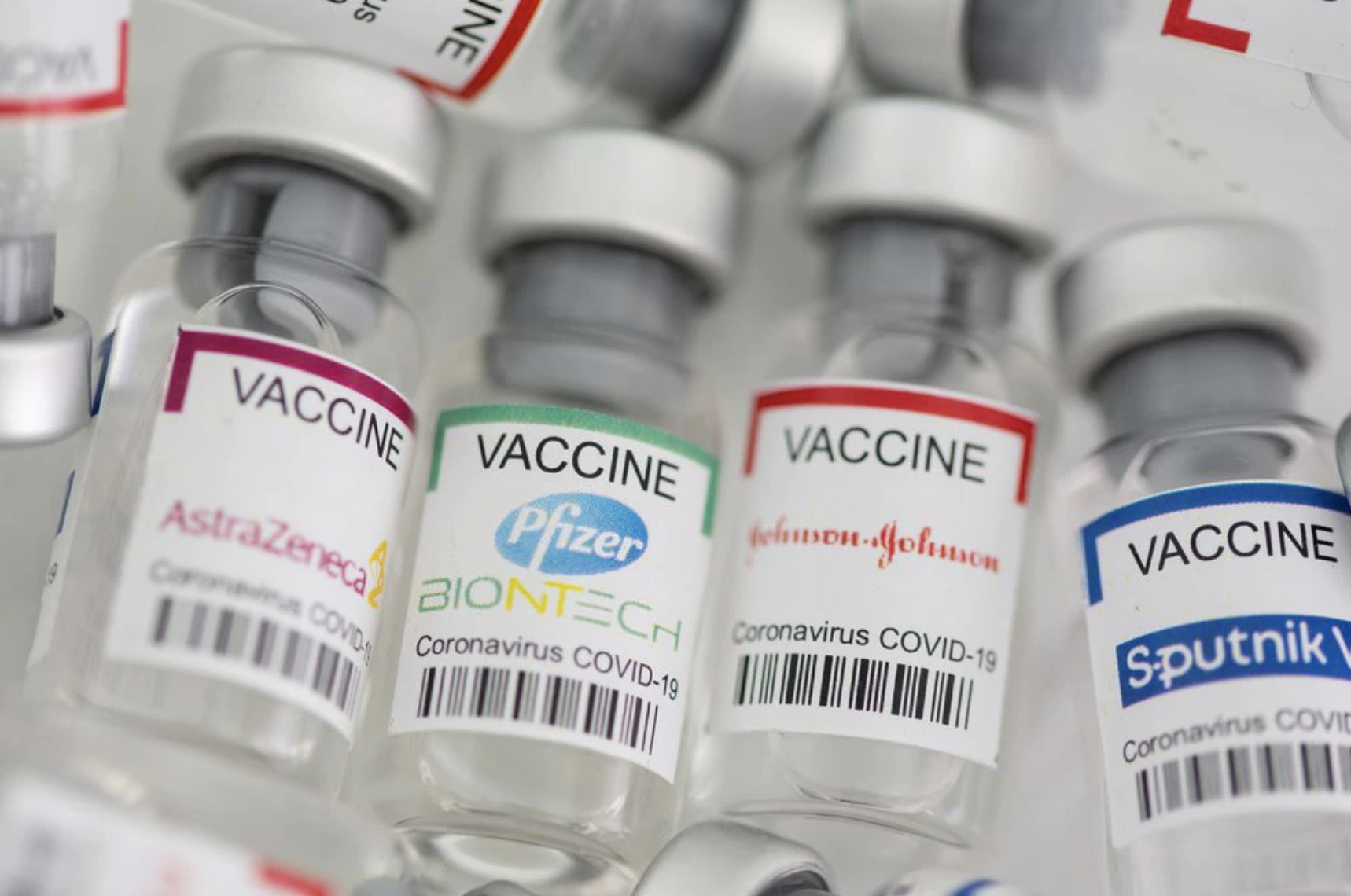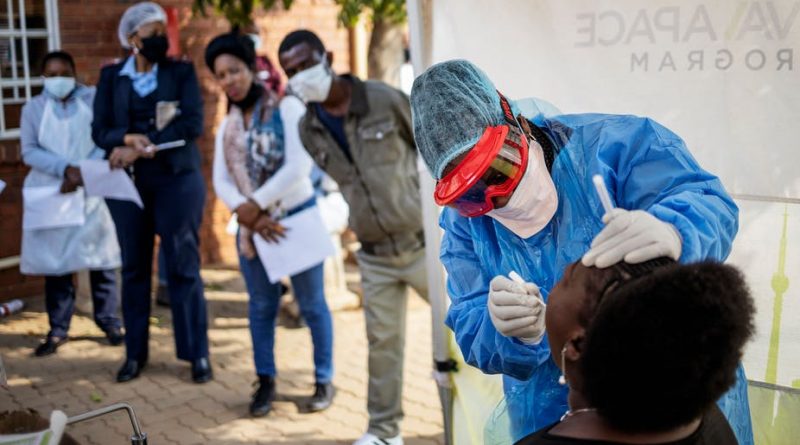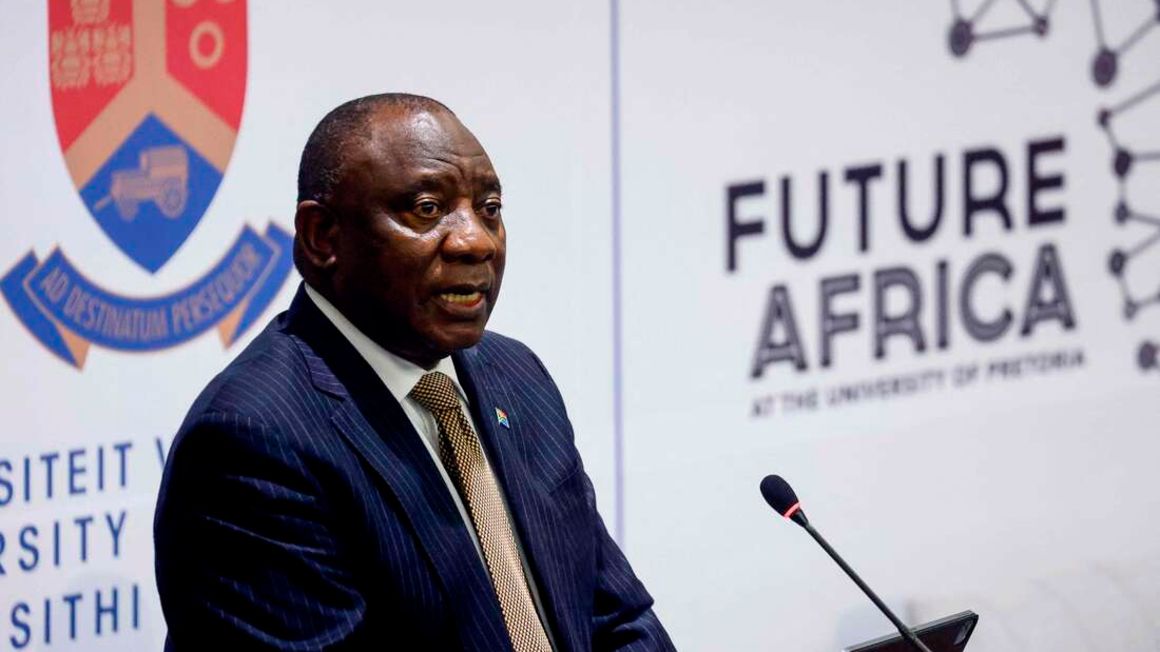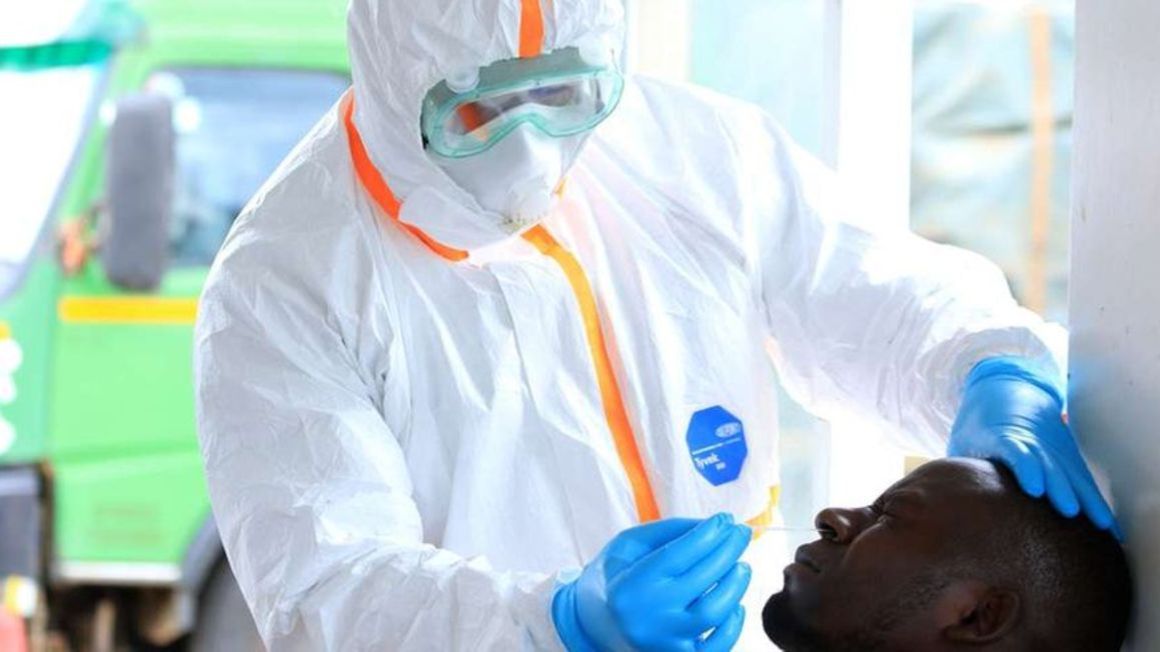South African pharmaceutical firm Aspen Pharmacare (APNJ.J) will release a fresh batch of Johnson & Johnson (J&J) (JNJ.N) COVID-19 vaccines within a week to bolster the country's vaccination drive, it said on Monday.
It said the company had further doses of J&J vaccines under production that would be available to the government in July.
South Africa's vaccination drive faced a set back on Sunday when its drugs regulator said as many as 2 million doses of J&J vaccines that Aspen had ready for release from its local plant could not be used, after a U.S. Food and Drug Administration (USFDA) notice.
These doses were to have been used to start vaccinating teachers in South Africa, who are not now covered under phase 2 of a vaccination drive using Pfizer's two-dose vaccine.
South African Health Products Regulatory Authority (SAHPRA) said on Sunday that approximately 300,000 doses that had been cleared by the USFDA would soon be shipped to South Africa, even as the two million doses would be discarded.
"Within days, Johnson & Johnson will provide 300 000 doses of the vaccine for South African teachers," Aspen said in a statement.
Our Standards: The Thomson Reuters Trust Principles.
Uganda re-imposes lockdown to beat back COVID-19 case surge
Uganda's President Yoweri Museveni on Sunday re-imposed a strict lockdown that included the closure of schools and the suspension of inter-district travel to help beat back a surge in COVID-19 cases in the East African country.
The new measures, which will be effective from Monday morning, include the closure of all educational institutions, some bans on travel, the shutdown of weekly open markets, and the suspension of church services.
Most of the new restrictions, Museveni said, would be implemented for 42 days. An assessment of their impact will then help the government decide whether to ease or prolong them, he added.
Uganda implemented one of Africa's tightest lockdowns at the beginning of the pandemic more than a year ago, but it was gradually lifted as cases slowed to a trickle.
Read More - Our Standards: The Thomson Reuters Trust Principles.
Pretoria,
South African President Cyril Ramaphosa announced Sunday that the country would re-impose stricter measures against Covid-19 fearing a third wave of the pandemic.
Four of the nation's nine provinces, including Gauteng which boasts Johannesburg and Pretoria and has the biggest population, are already battling a third wave of infections, Ramaphosa said.
"It may only be a matter of time before the country as a whole will have entered a third wave," he said.
Worst-hit country
South Africa is officially the worst-hit country on the continent with more than 1.65 million cases and 56,363 deaths.
"The number of infections has begun to rise sharply in several parts of the country," the president said as hospital entries also climb.
"Delaying the spread of the virus is especially important now to allow as many people as possible to be vaccinated before the third wave reaches its peak," he said.
Night curfew
From Monday, the night curfew will start an hour earlier from 11pm while non-essential shops, bars, restaurants and gyms will have to shut at 10pm.
Gatherings, including political and faith events, will be limited to 250 people outdoors and 100 indoors.
Only a little more than one percent of the population has been vaccinated so far and the campaign to jab elderly people started just last week.
Paid for doses
The government, under fire for failing to buy vaccines quickly, says it has paid for doses to cover 40 million of the 59 million South Africans -- or enough to reach herd immunity.
Ramaphosa has repeatedly condemned "vaccine apartheid" with rich countries buying up most of the vaccine doses.
"As the African continent we are pushing ahead with efforts to expand our vaccine manufacturing capacity with a view to be self-sufficient in vaccine production," he said.
South Africa and India are campaigning for an end to patent rights on coronavirus vaccines to help every country to manufacture its own supplies.
The G7 summit of rich nations will discuss the issue at a summit in Britain next month.
Source - The East African
Ugandans appear uncertain about what mitigation plans are in place following the entry of a third coronavirus infection wave that swept through the local population in the past month.
The third infection wave was preceded by a dangerous Covid-19 strain during the first three months of 2021. The Health ministry has already confirmed presence of the so-called Nigerian, South African, Kigali, British, Brazilian and Indian Covid-19 strains within the country but lacks verifiable figures on the total number of people affected.
Alongside poor observance of Standard Operating Procedures common among the public as well as suspension of contact tracing and quarantine operations last year, Uganda’s coronavirus infections recently surged to new highs.
While daily cases dropped to less than 10 in early March 2021, the total number of admissions to Intensive Care Unit facilities fell to less than 30 during the same period according to Ministry of Health data. But the national case count experienced spikes between mid-April and late May, a sign of rising new infections courtesy of the new virus strains.
According to ministry data, overall coronavirus cases registered to date are at 44,281 while total deaths are 359. The total number vaccinated stood at 541,569 while the number of tests conducted was 1,087,045 as at May 24, 2021.
In light of Covid-19 infection patterns, government announced tighter enforcement of curfew measures and threatened to reintroduce stiff lockdown regulations previously implemented between March and June 2020.
Source - The East African




